Journalists testify at Glavaš trial
Two journalists have testified at the trial of Branimir Glavaš and six others charged with war crimes against Serb civilians in Osijek in 1991.
Tuesday, 17.06.2008.
16:26

Two journalists have testified at the trial of Branimir Glavas and six others charged with war crimes against Serb civilians in Osijek in 1991. The journalists, who interviewed Glavas as one of the leaders of Osijek’s territorial defense, gave their testimonies to the Zagreb District Court. Journalists testify at Glavas trial Both journalists stated that the interview had been conducted because Glavas had been a very significant and interesting individual at the time. Dario Topic and Davor Spisic published an interview with Glavas entitled ‘Black and White World’ in daily Glas Slavonije, where Glavas talked about how the Croats had managed to defend the town, obtain arms etc. The journalists were summoned because the prosecution wants to prove that Glavas was the main military and political figure in Osijek at the outbreak of the war. The defense says that the interview, read at the trial in its entirety, proved nothing because the phrases used in it, that the prosecution was basing its arguments on, were simple war propaganda because the newspaper, they said, was read by the other side as well. Glavas, who was head of the Secretariat for National Defense, has claimed since the beginning of the trial that many other soldiers and politicians held prominent ranks in wartime Osijek, above all Vladimir Seks, the founder and leader of the Crisis HQ for Slavonia and Baranja. Even though Glavas claims that the Crisis HQ was the main executive body until its abolition in late 1991, without whose knowledge nothing could be done, the fact remains that Seks left for Zagreb in the summer of 1991. Glavas is on trial for ordering the incarceration and torture of five Serb civilians, and the murder of two in the front yard of the Secretariat Building. He is also charged with the imprisonment and murder of ten Serb civilians, who were murdered on the bank of the River Drava, while a further six defendants are accused of carrying out Glavas’s orders.
Journalists testify at Glavaš trial
Both journalists stated that the interview had been conducted because Glavaš had been a very significant and interesting individual at the time.Dario Topić and Davor Špišić published an interview with Glavaš entitled ‘Black and White World’ in daily Glas Slavonije, where Glavaš talked about how the Croats had managed to defend the town, obtain arms etc.
The journalists were summoned because the prosecution wants to prove that Glavaš was the main military and political figure in Osijek at the outbreak of the war.
The defense says that the interview, read at the trial in its entirety, proved nothing because the phrases used in it, that the prosecution was basing its arguments on, were simple war propaganda because the newspaper, they said, was read by the other side as well.
Glavaš, who was head of the Secretariat for National Defense, has claimed since the beginning of the trial that many other soldiers and politicians held prominent ranks in wartime Osijek, above all Vladimir Šeks, the founder and leader of the Crisis HQ for Slavonia and Baranja.
Even though Glavaš claims that the Crisis HQ was the main executive body until its abolition in late 1991, without whose knowledge nothing could be done, the fact remains that Šeks left for Zagreb in the summer of 1991.
Glavaš is on trial for ordering the incarceration and torture of five Serb civilians, and the murder of two in the front yard of the Secretariat Building. He is also charged with the imprisonment and murder of ten Serb civilians, who were murdered on the bank of the River Drava, while a further six defendants are accused of carrying out Glavaš’s orders.










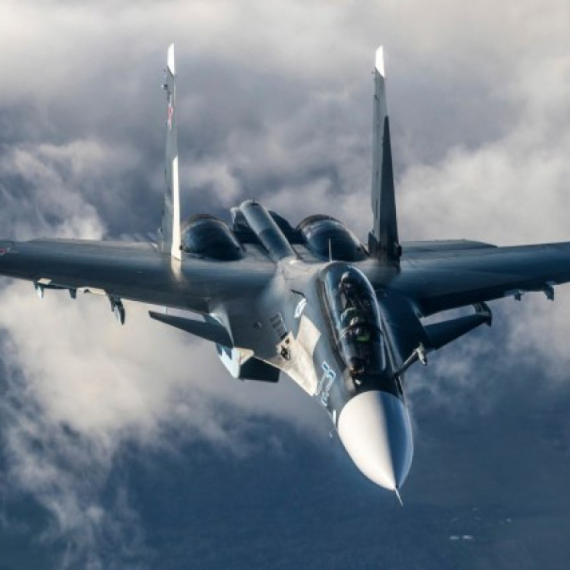
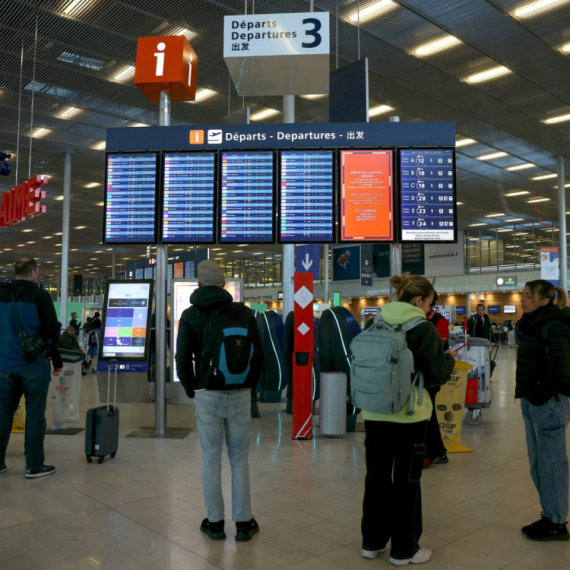
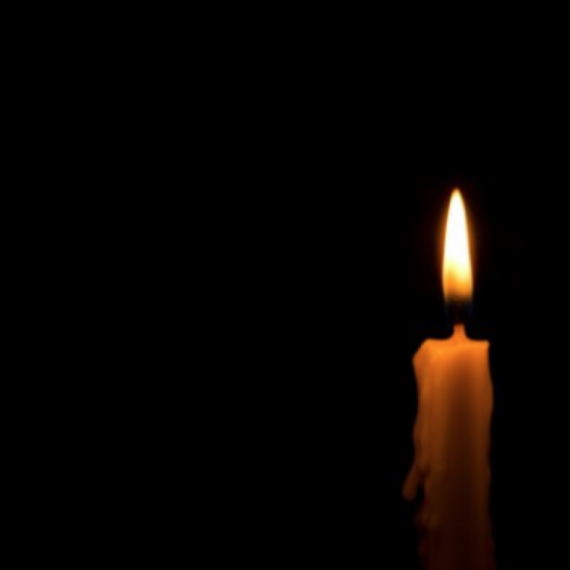
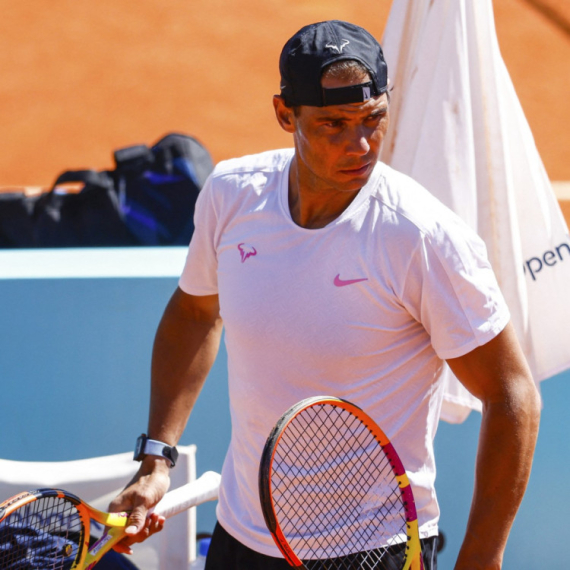
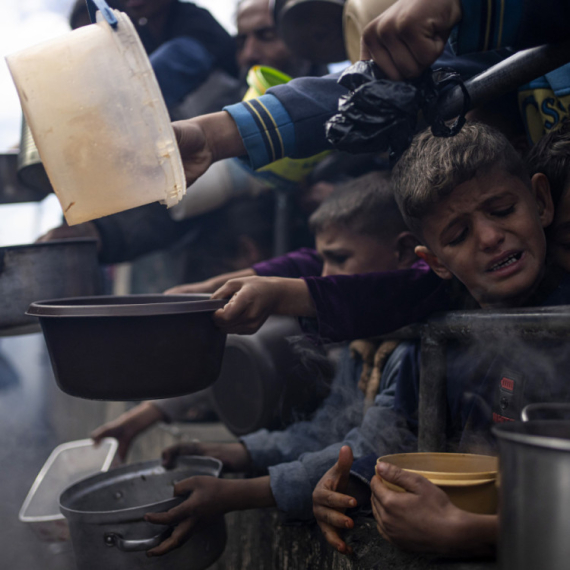


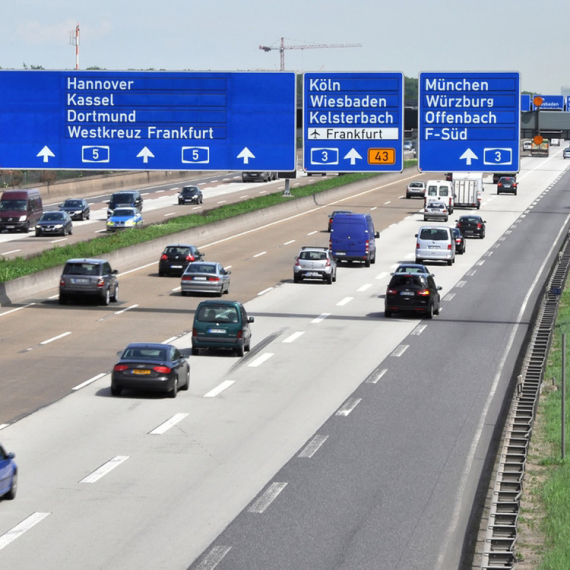




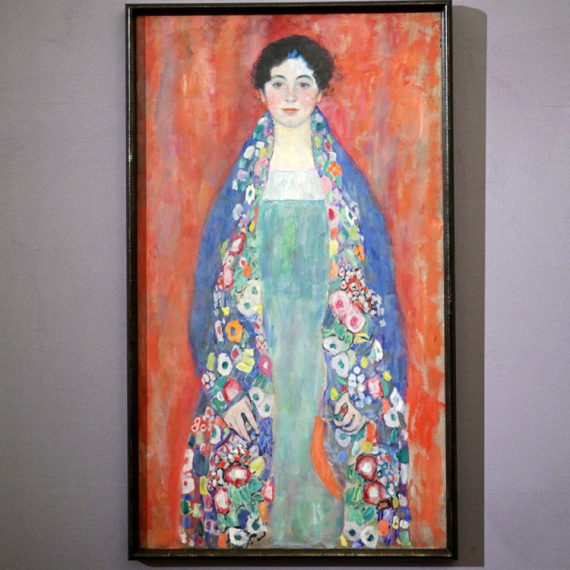
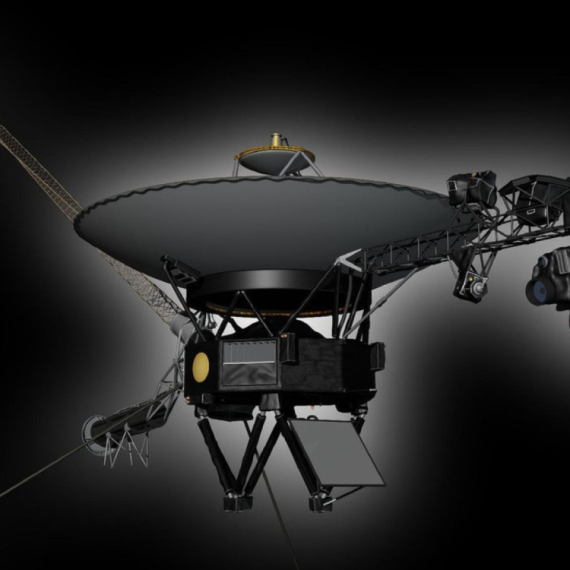


Komentari 0